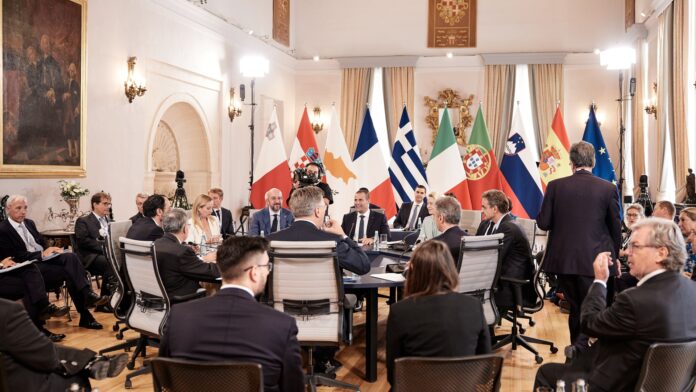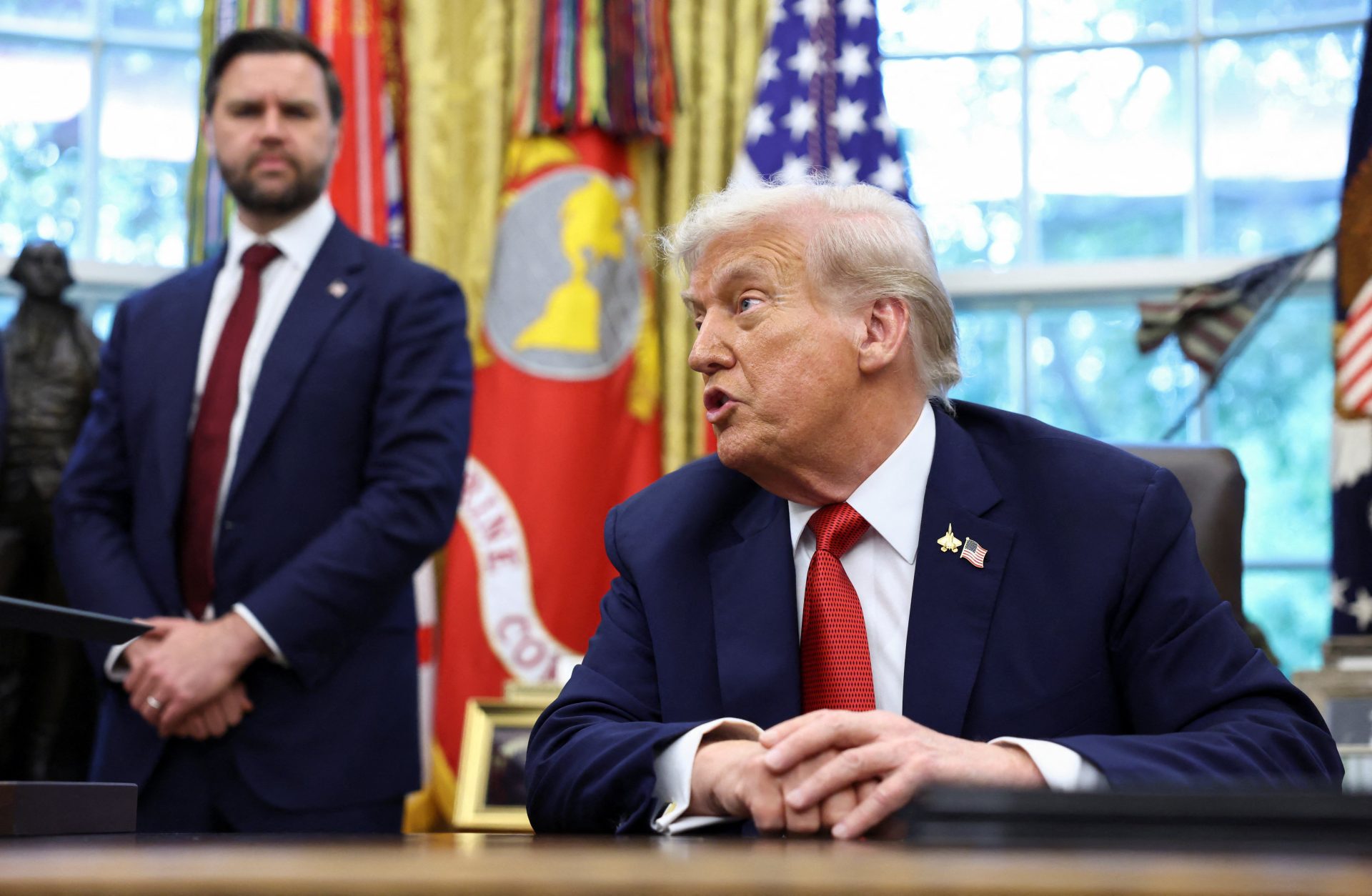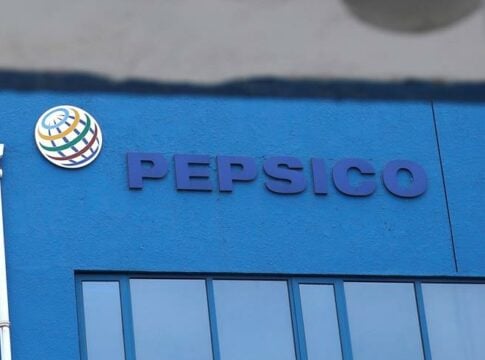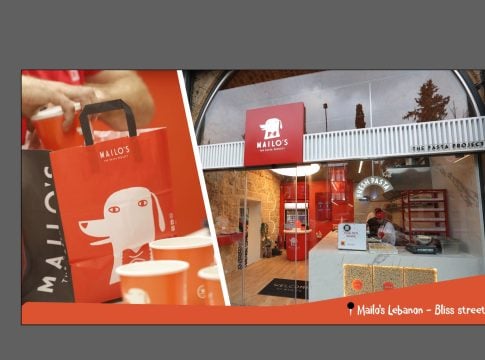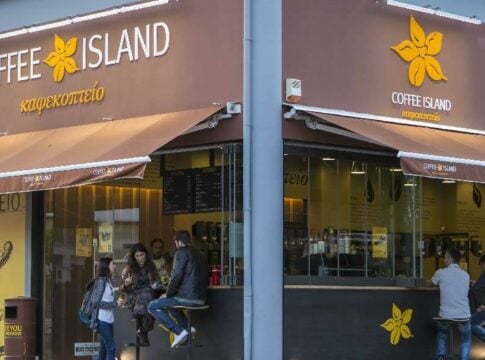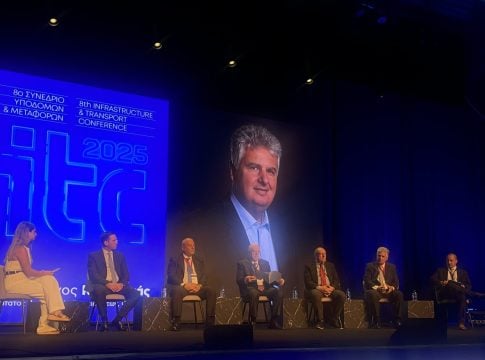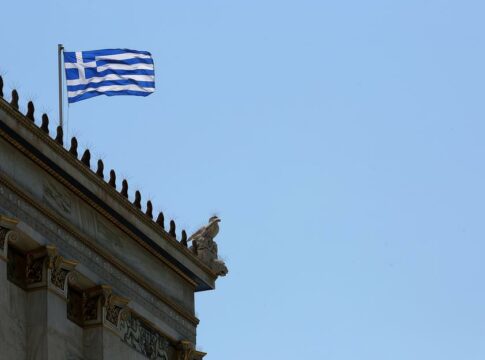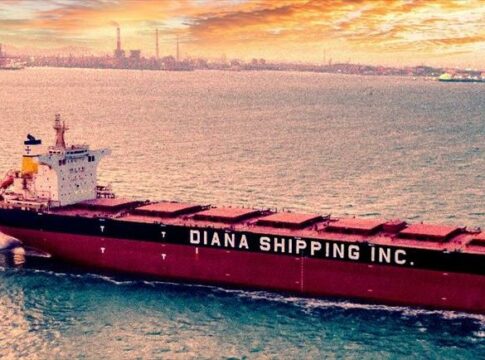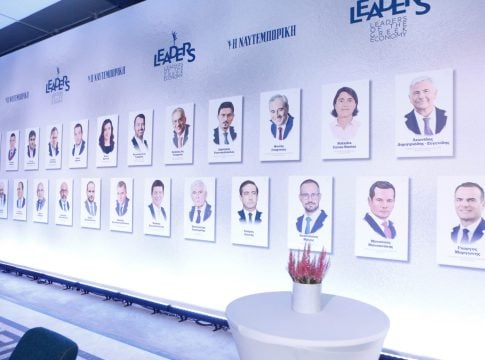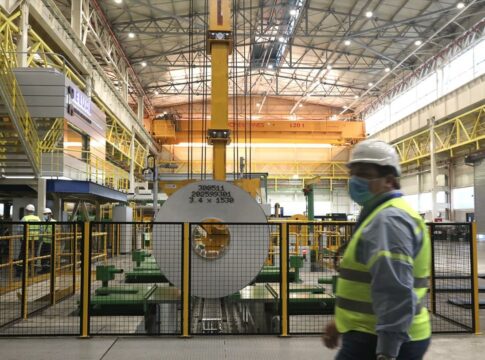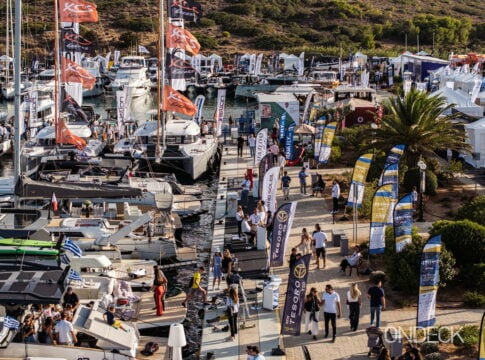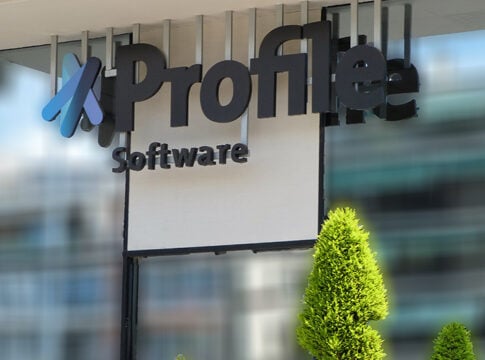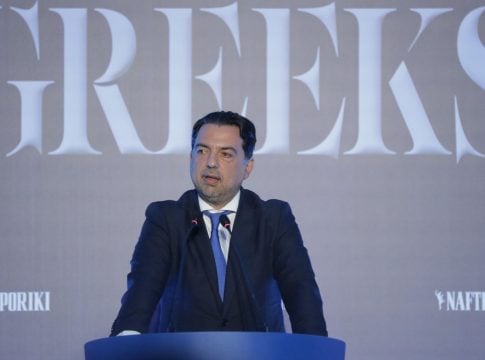The leaders of 9 Mediterranean member states of the EU will meet on Friday in Paphos amidst critical developments in the Middle East.
The Summit of MED9 (Greece, France, Italy, Spain, Cyprus, Croatia, Malta, Portugal and Slovenia) will take place shortly before the European Council to be held on October 17-18 in Brussels.
The summit is expected to constitute the platform for the first discussion at the highest level of the European Council’s agenda next week. It should be noted that King Abdullah of Jordan will also be present to discuss with the MED9 leaders the latest developments in the Middle East, as well as EU-Jordan relations.
The agenda of the discussions of the leaders of the South includes regional developments, while the issue of migration will also be discussed.
What messages will the Greek Prime Minister send?
According to government sources, Prime Minister Kyriakos Mitsotakis is expected to stress the need for coordination of the European Union’s role in developments in the Middle East at the MED9 Summit. Regarding migration, Mitsotakis will reiterate the importance of guarding the EU’s external borders and strengthening frontline countries, the importance of returns and cooperation with third countries, while he will also stress the need of implementing the Pact on Migration and the Asylum.
It is recalled that recently Kyriakos Mitsotakis referred to migration, noting that the answer cannot be the unilateral abolition of Schengen. From the Greek side, it is stressed that there must be a fair distribution of the burdens on migration and the problem cannot be shifted to the first receiving countries.
Anxiety in Athens about developments in the Middle East
Athens is carefully following the developments in the Middle East. In a recent interview, the Minister of Foreign Affairs George Gerapetritis emphasized that “we all understand that the consequences of a general escalation in the region will be disastrous”, while he pointed out that “only the threat that there may be energy and oil targets in Iran led to the increase of oil prices. There is a risk of increased migration flows. There is certainly a risk that we will have a further humanitarian crisis.”
On the issue of migration, Greece’s goal is to continue cooperation with Ankara in order to ensure that there will be no increase in flows. In fact, the issue was discussed in September at the meeting between Prime Minister Kyriakos Mitsotakis and Turkish President Recep Tayyip Erdogan, while it is expected to be raised at the upcoming meeting of the foreign ministers of the two countries in November.
At the same time, emphasis is placed on the further armoring of the country. Regarding the fence on the Evros, the Prime Minister recently pointed out that “this barrier does not only protect the Greek borders, it protects the European borders and must receive European funding.” He also emphasized that “in any case, we will build it with either European or national resources, but it is fair that the burden of guarding the borders is shared fairly.”


